Description
Familiarity with Treatment
EPS+RFA is a combined diagnostic and therapeutic procedure used to identify and treat abnormal heart rhythms (arrhythmias). The Electrophysiology Study (EPS) maps the electrical activity of the heart to pinpoint the source of arrhythmiasRadiofrequency Ablation (RFA) uses heat generated by radiofrequency energy to destroy the heart tissue causing the abnormal electrical signals, thereby correcting the arrhythmia12.
Who is it Suitable For?
- Patients with Arrhythmias: Those experiencing symptoms like palpitations, dizziness, fainting, or shortness of breath due to abnormal heart rhythms.
- Patients with Atrial Fibrillation: Individuals with atrial fibrillation or other types of supraventricular tachycardia.
- Patients Unresponsive to Medication: Those who have not responded well to antiarrhythmic medications.
- Patients with Accessory Pathways: Individuals with conditions like Wolff-Parkinson-White syndrome12.
Who is it Not Suitable For?
- Severe Comorbidities: Patients with severe comorbid conditions that make them high-risk for invasive procedures.
- Uncontrolled Infections: Individuals with active infections that could complicate the procedure.
- Pregnancy: Pregnant women, due to potential risks to the fetus.
- Severe Heart Disease: Patients with severe structural heart disease that may require different interventions12.
Advantages
- Minimally Invasive: Less invasive than open-heart surgery, with shorter recovery times.
- High Success Rate: Effective in treating many types of arrhythmias.
- Symptom Relief: Provides significant relief from symptoms associated with arrhythmias.
- Reduced Medication Dependence: May reduce or eliminate the need for long-term medication12.
Complications
- Bleeding or Infection: At the catheter insertion site.
- Heart Damage: Rarely, the procedure can cause damage to the heart or blood vessels.
- Arrhythmia Recurrence: Some patients may experience a recurrence of arrhythmias.
- Blood Clots: Risk of blood clots forming and causing stroke or other complications12.
Previous Care
- Medication Review: Patients may need to stop certain medications before the procedure.
- Fasting: Typically required to fast for several hours before the procedure.
- Pre-Procedure Testing: Blood tests, ECG, and imaging studies to assess heart function12.
Aftercare
- Monitoring: Close monitoring in a hospital setting for a few hours to a day.
- Activity Restrictions: Avoid strenuous activities for a few days post-procedure.
- Medication: Continue or adjust medications as prescribed by the doctor.
- Follow-Up: Regular follow-up appointments to monitor heart rhythm and overall health12.
EPS+RFA is a highly effective treatment for many patients with arrhythmias, offering significant benefits with relatively low risks. If you have any more questions or need further details, feel free to ask!
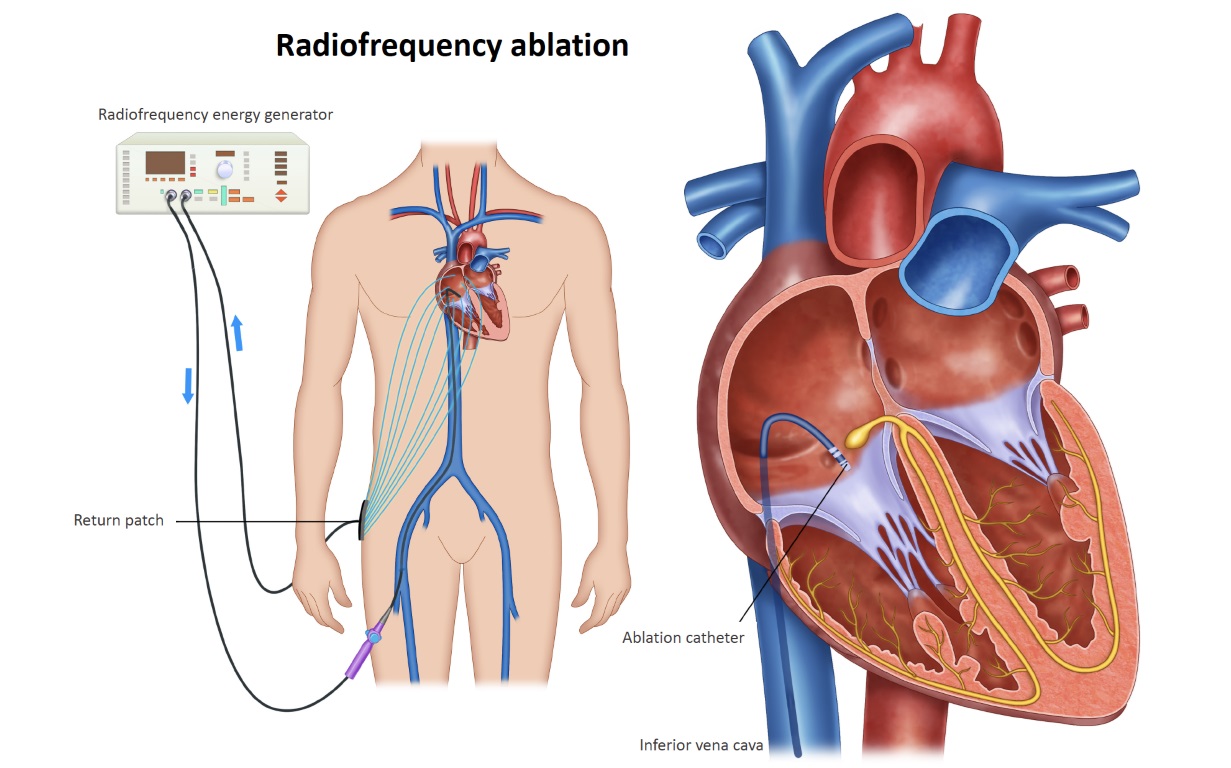
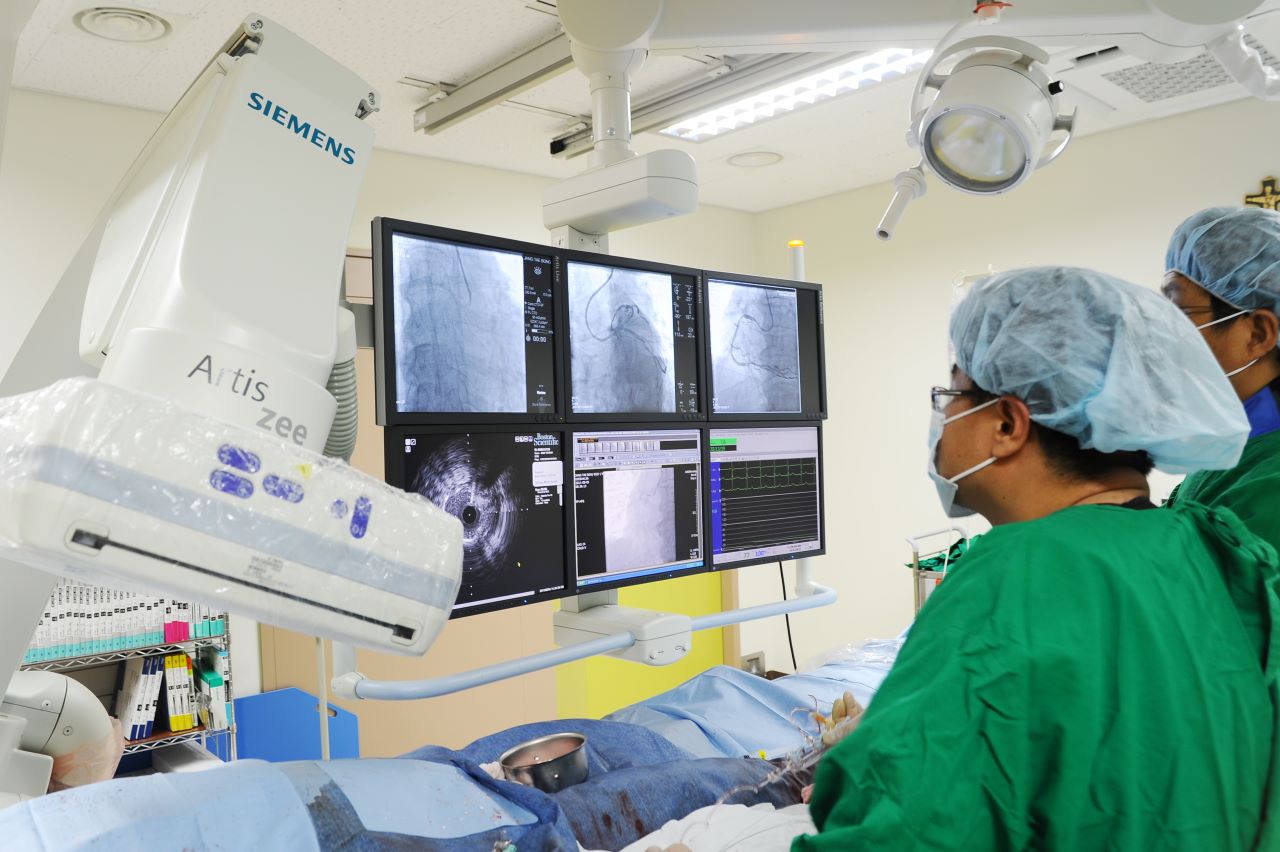
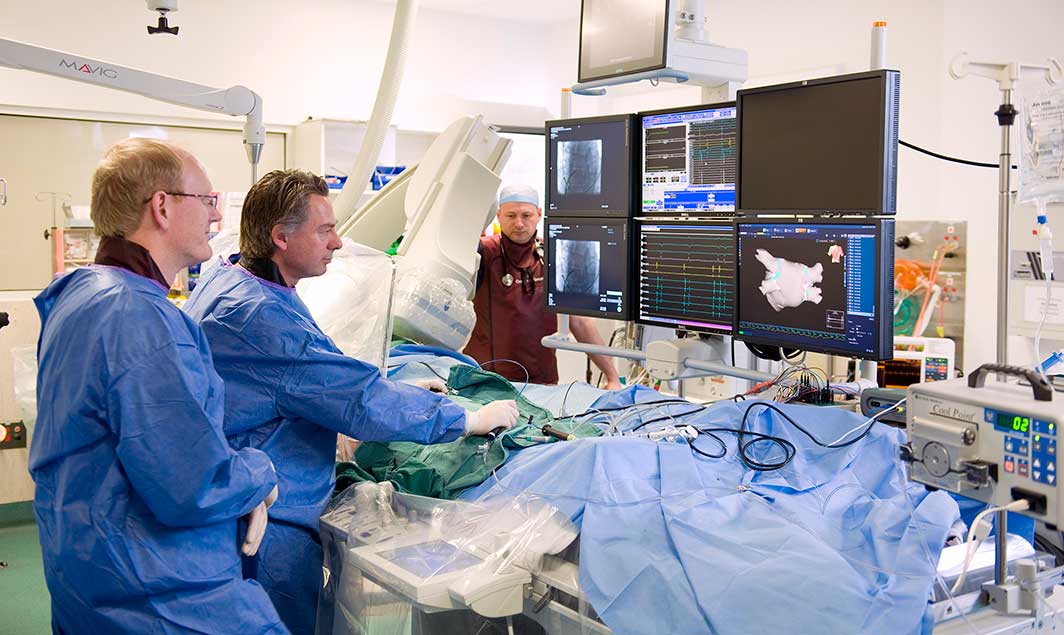
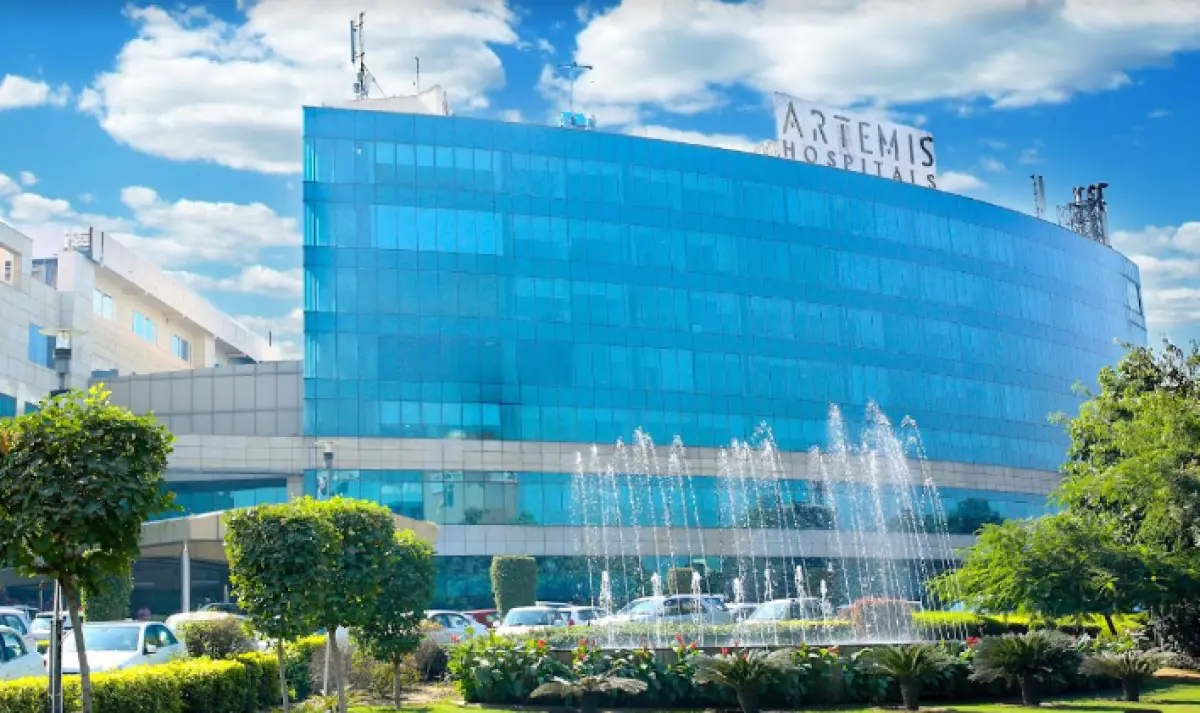

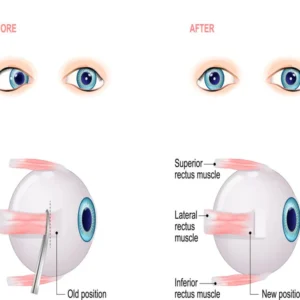


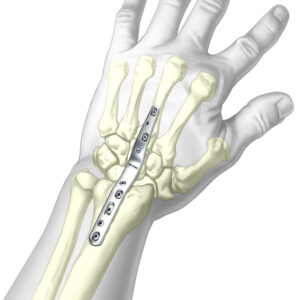
Reviews
There are no reviews yet.